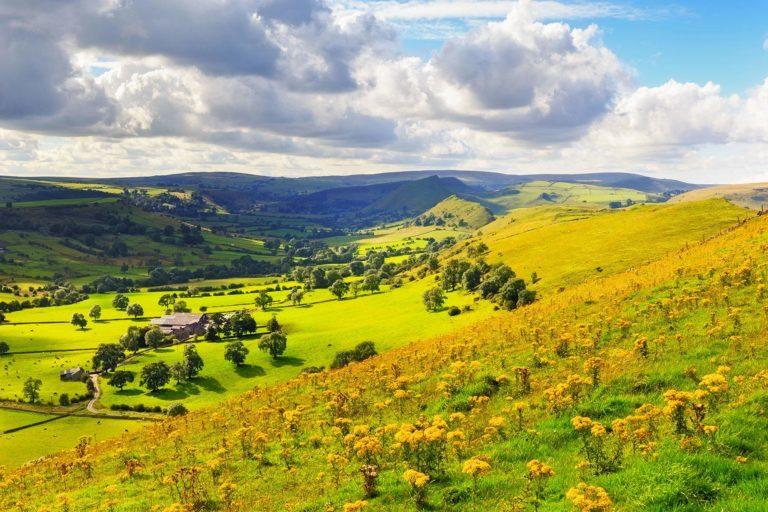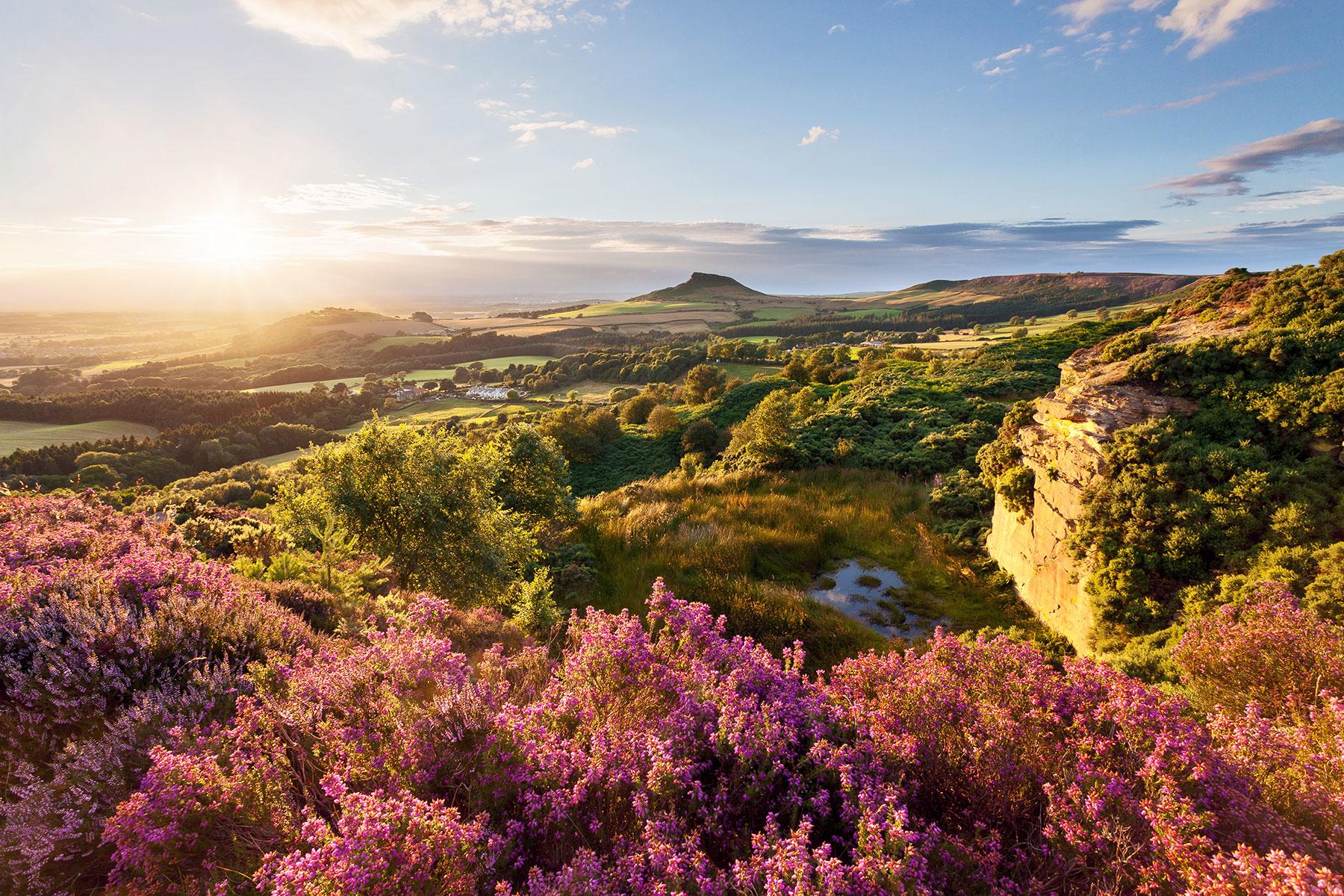Uk has only 15 national parks but they cover 8 of the british land

UK’s National Parks: Covering 8% of British Land


The United Kingdom is renowned for its picturesque landscapes and breathtaking natural beauty. One of the reasons behind this reputation is the presence of stunning National Parks. These parks not only preserve and protect diverse ecosystems but also offer recreational opportunities for residents and tourists alike. Interestingly, although the UK has only 15 National Parks, they cover approximately 8% of the British land.
National Parks are designated areas recognized for their unique flora, fauna, geology, and cultural heritage. These areas typically have a high level of protection to ensure their conservation and enjoyment. In the UK, the first National Park, the Peak District, was established in 1951. Since then, 14 additional parks have been created, showcasing the country’s diverse and awe-inspiring landscapes.
From the rolling hills of the South Downs to the rugged mountains of Snowdonia, each National Park offers a distinct and captivating experience. The Peak District, for instance, with its dramatic peaks and dales, provides endless opportunities for hikers, climbers, and nature enthusiasts. Meanwhile, the North York Moors captivate visitors with its expansive heather-covered moorland and ancient forests, creating an enchanting backdrop for outdoor exploration.
These National Parks play a vital role in the preservation of wildlife and habitats. The parks are home to a wide range of species, including rare and endangered ones like the Scottish wildcat and the red squirrel. By protecting and managing these areas, the UK ensures the survival of its unique biodiversity.
In addition to their ecological importance, National Parks also contribute significantly to the economy. The stunning landscapes attract millions of visitors each year, boosting tourism and supporting local businesses. Whether it’s camping, hiking, cycling, or simply enjoying the beauty of nature, these parks offer an array of recreational activities that draw both domestic and international tourists.
Not only are National Parks beneficial for outdoor enthusiasts and local economies, but they also promote physical and mental well-being. Spending time in nature has been proven to reduce stress, improve mood, and increase overall happiness. The accessibility of these parks allows people of all ages and backgrounds to reconnect with the natural world and enjoy its many benefits.
In conclusion, the UK’s National Parks cover roughly 8% of its land, creating a network of protected areas that showcase the country’s diverse landscapes and enable the conservation of its natural heritage. These parks not only preserve important ecosystems but also offer recreational opportunities and support local economies. So, whether you’re seeking adventure or tranquility, the UK’s National Parks are waiting to be explored.
Source: Studying in the UK
Tags
Share
Related Posts
Quick Links
Legal Stuff

